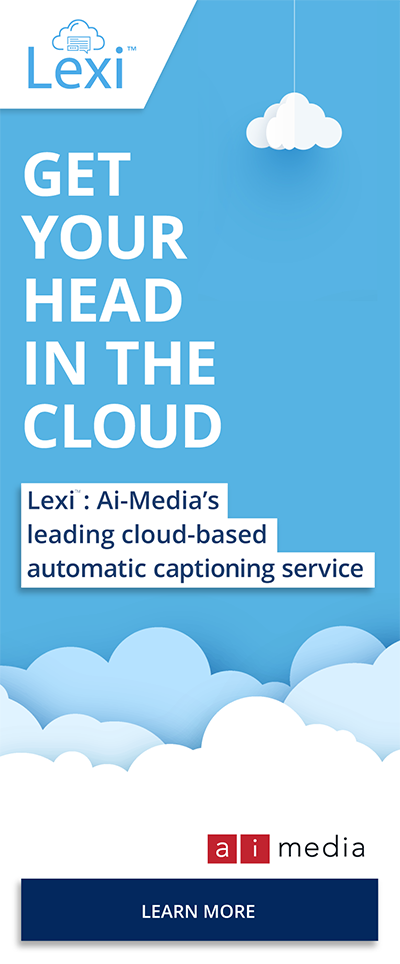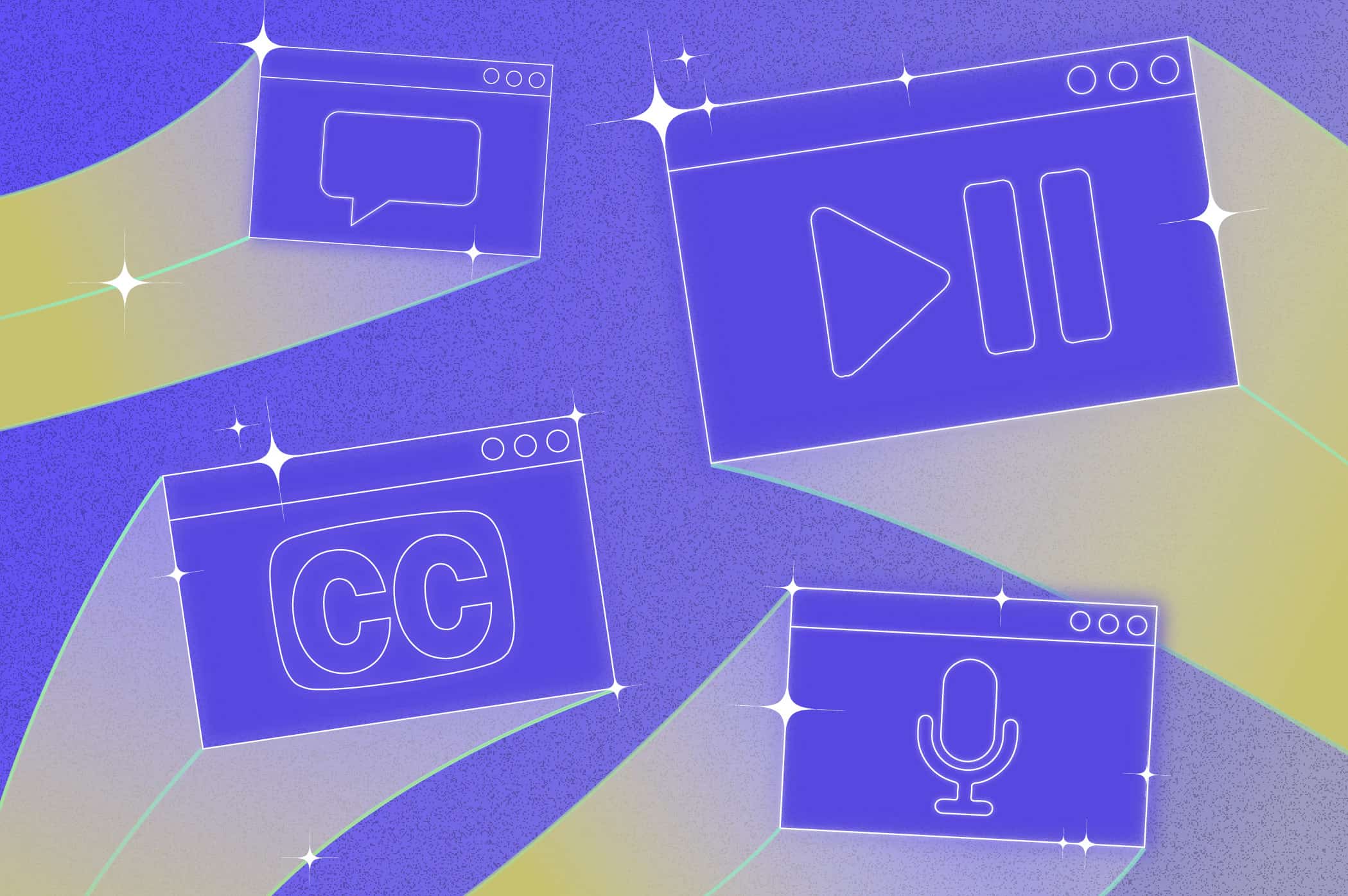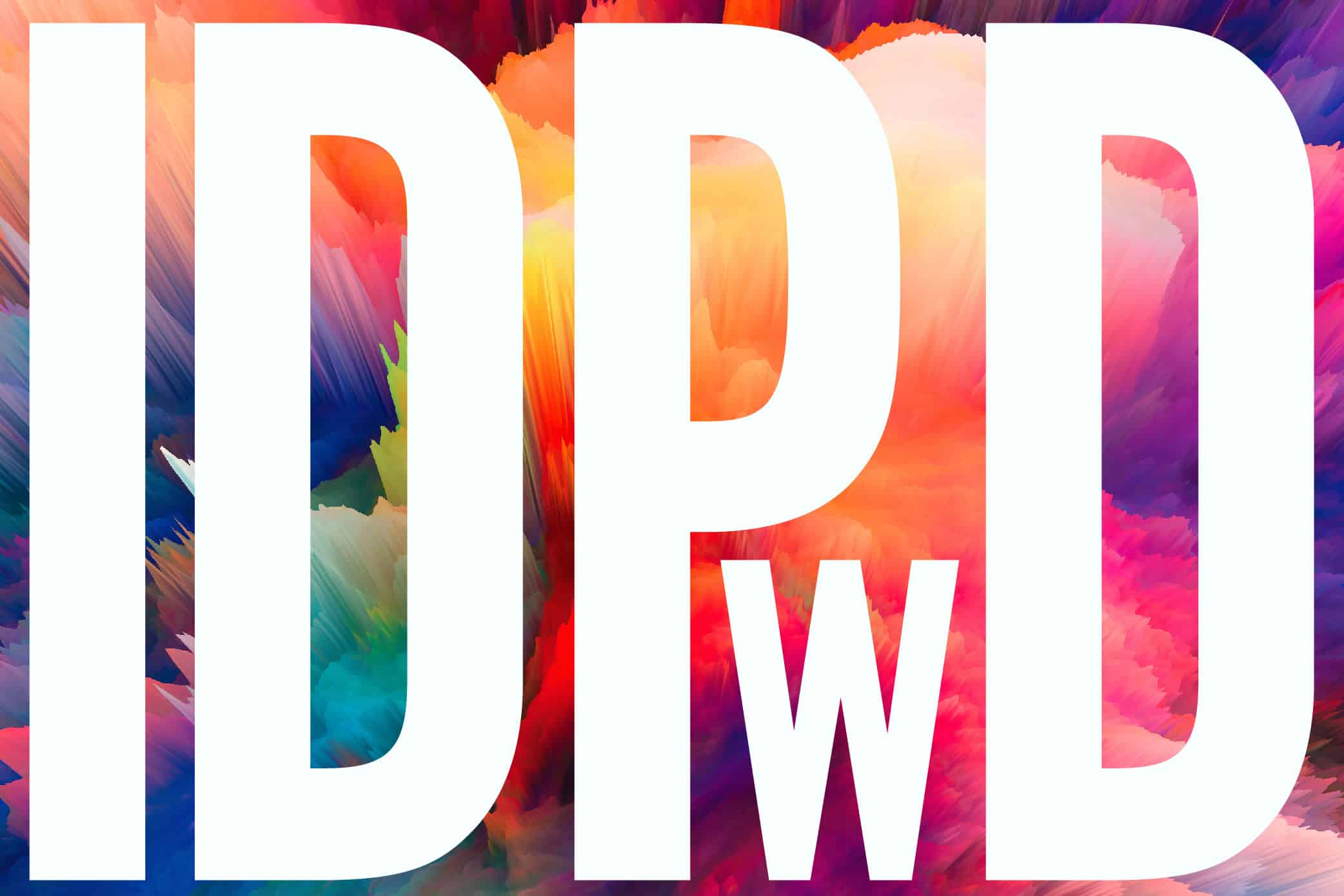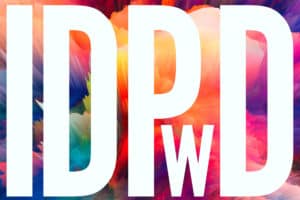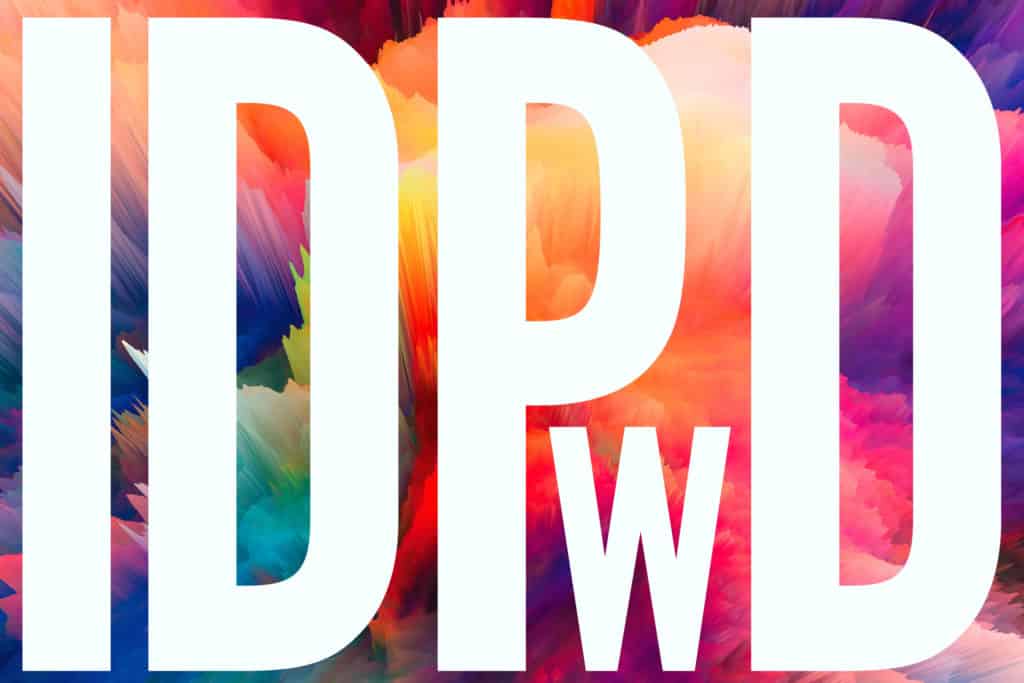
What can a post-COVID world look like for people with disabilities?
The United Nations’ International Day of Persons with Disabilities (IDPwD) 2021 — recognized on December 3rd — comes at a time that many consider to be the start of the road out of the pandemic. This is a cause for celebration indeed. But for many people with disabilities, the reality is more complicated.
In 2021, the IDPwD theme is “Leadership and participation of persons with disabilities toward an inclusive, accessible and sustainable post-COVID-19 world.”
The importance of centring the leadership and participation of people with disabilities in the COVID-19 ‘recovery’ period can not be overstated. People with disabilities have been a highly at-risk group throughout the pandemic, and especially for immunocompromised people, a level of risk remains even as global vaccinations rise and other parts of the community feel safe to lead their public lives again.
The disability community is growing
The recent focus on COVID is something that Lawrence Carter-Long, communications director for the US-based Disability Rights Education & Defense Funds, sees as a welcome addition to the disability movement.
“Odds are, because of things like COVID, we’ll have more people joining our ranks as a result of health concerns caused by the virus and the lingering mysteries of what is now being termed ‘Long COVID’,” he says.
“Hopefully, this essential shift will make it easier for those people — much like war veterans or people who age into disability — to align themselves with us so that we can work together to end bias, discrimination, and erasure.”
An opportunity for better advocacy
Disabled media consultant Emily Johnson says that the strains of the pandemic on disabled people and their lives need to be given more attention.
“As a disabled person who is ambulatory, unless I’m using a mobility aid or experiencing a symptom severe enough at the time to warrant obvious public attention, most of my disabilities are invisible. COVID has been medically very personal to me, and not just because I’ve had and lost loved ones who contracted it.”
Johnson has Ehlers Danlos Syndrome (EDS), a genetic connective tissue disorder that has a range of common secondary conditions — what the medical system often labels co-morbidities — that make life in a COVID world more complicated.
She believes that IDPwD could have an even greater impact if they dedicated resources directly to those doing research on viral infection and that “medical causes especially related to a mass-disabling pandemic should be unified and tackled under a global banner.” With a day meant to support the over one billion people worldwide with disability, Johnson says that she has a few other items on her wish list.
Digital access in focus
Those who spoke to Ai-Media for this story also pointed to digital accessibility as a key issue that projects like IDPwD can help to address.
Last year’s IDPwD event saw tech companies highlighting how captioning and technology literacy are heavily linked to disability awareness and action campaigns. It’s something that Ai-Media is very passionate about. In fact, it’s the reason we and our captioning services exist!
Going beyond awareness
As a global awareness day, IDPwD has a lot of power, but it’s also important to recognize the potential for long-lasting action, and for organizations to take this action without waiting for mandates or for others to do take the initiative.
This can include decisions such as:
- Making all of your communications and content fully accessible (we can help!)
- Prioritizing universal design so everyone can use facilities, products and services
- Speaking to others about the importance of accessibility
“Awareness is, was, and always will be a necessary starting point, but in order for it to make a real difference people need to be willing to take corrective action, to change something for the better as a practice because of whatever it is they’re now more aware of,” says Carter-Long.
“It has to become something ongoing that they do for the rest of their life rather than a one-off, feel good afternoon that you pat yourself on the back about and then move on.”
Carter-Long says that events held by the UN have value, and that he’d like to see more members of disability communities present in events of this type. “We need to start thinking and acting about things with the mindset of ‘nothing without us’, period — that includes the UN.”


